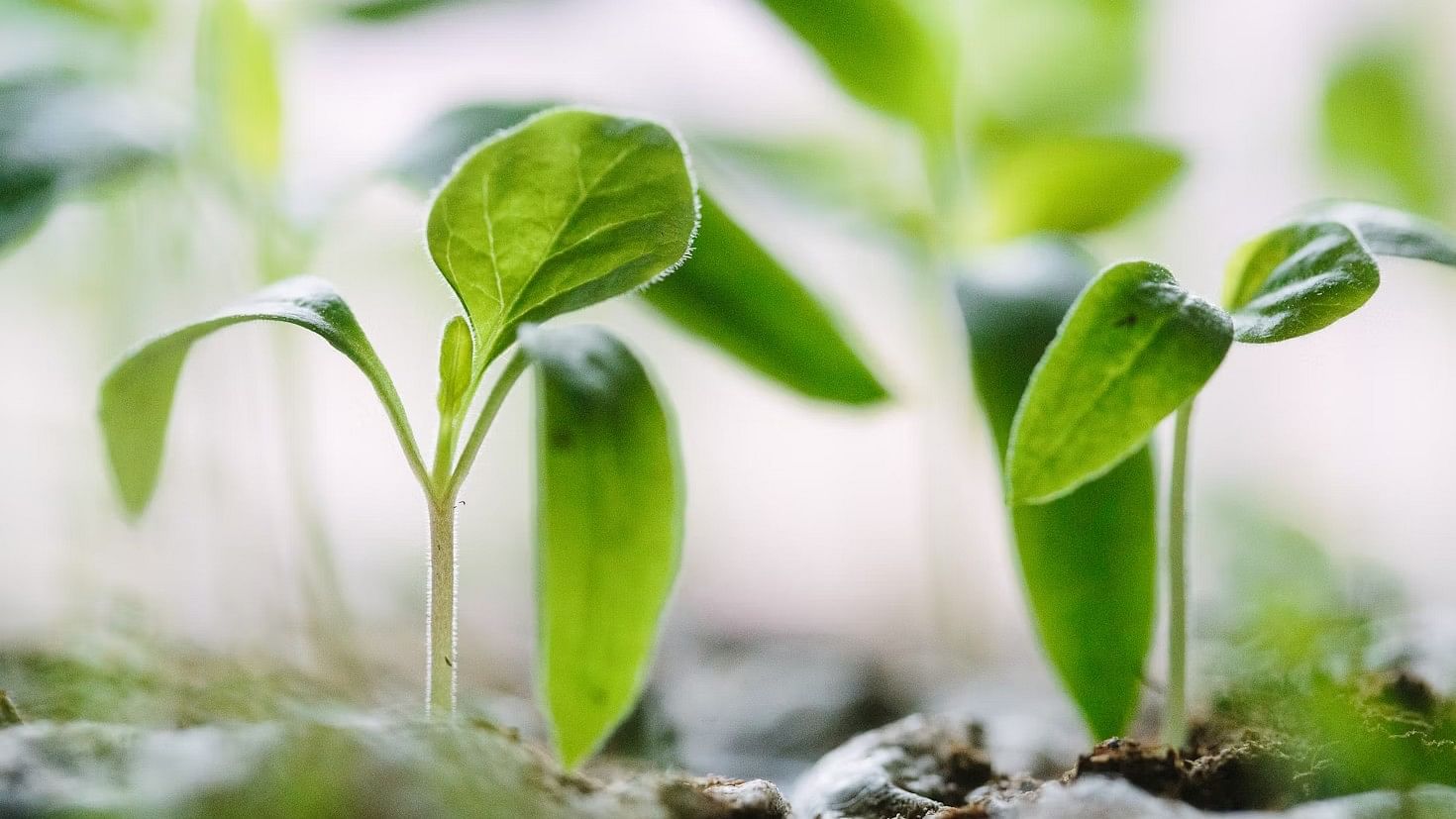
Representational image only.
Credit: Unsplash
A 1,000-year-old seed found in the Judean Desert has germinated into a plant, sparking scientific curiosity.
Researchers believe that it may be part of a biblical lineage. Named "Sheba," the plant now stands between 9 and 10 feet tall, giving researchers the chance to study its fully developed characteristics.
Radiocarbon dating suggests the seed dates back to between 993 CE and 1202 CE. It was discovered in the region between the West Bank and Israel.
A study published in Communications Biology on September 10 reveals that it took 14 years of work to bring this seed to life. Researchers believe Sheba could be related to a biblical tree called "tsori," which is mentioned in the books of Jeremiah and Ezekiel. In ancient times, tsori was thought to be valuable for its healing properties, not just for its scent.
Sheba belongs to the Commiphora genus, a group of plants that includes species producing myrrh and frankincense, substances used in various cultures for religious and medicinal purposes.
The research suggests that Sheba might represent a long-lost lineage of trees that once grew in modern-day Palestine, Jordan, and Israel.
When scientists analysed Sheba’s leaves and resin, they found pentacyclic triterpenoids—compounds known to reduce inflammation and prevent cancer. They also detected squalene, an antioxidant that helps smooth the skin. These findings suggest that Sheba might have important medicinal properties, supporting the idea that it could be related to biblical healing plants.
However, despite its similarities to other species of Commiphora, Sheba does not produce the aromatic compounds found in Judean Balsam, another plant from the same family. This discovery led researchers to conclude that Sheba, while similar in appearance, does not belong to the same group associated with aromatic resins.